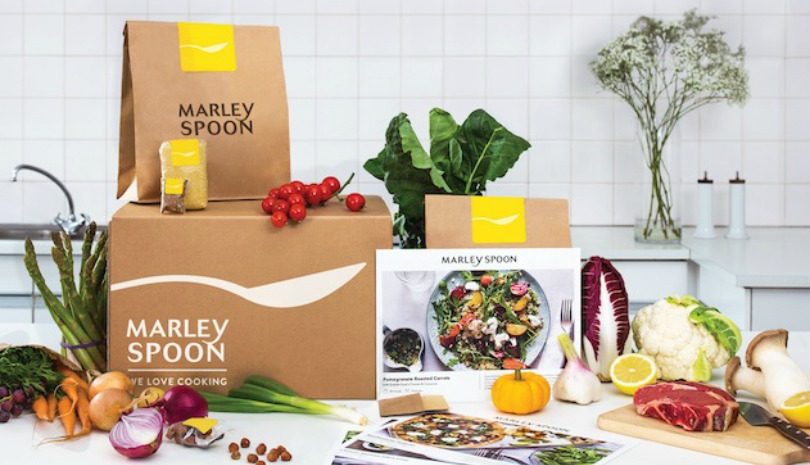Marley Spoon to raise $70 million in IPO

Meal kit company Marley Spoon on Wednesday announced plans to raise $70 million through an IPO, as it looks to grab a bigger slice of the highly competitive meal kit market.
The Germany-based company is offering shares via a type of security that allows international companies to trade on the ASX at an offer price of $1.42 per share to institutional, broker firm and chairman’s list investors. No general public offer will be made.
Marley Spoon is expected to begin trading on the ASX on 2 July under the ticker MMM, with an indicative market capitalisation of around $200 million.
The majority of funds raised will be used to support the continued growth of Marley Spoon’s existing and potential customer base, according to the company.
“In our next phase of growth, and with the benefits of capital raised via the IPO, Marley Spoon is focused on growing its customer base and improving the efficiency of its operations to enhance its market position and delivering sustainable growth for its shareholders,” Marley Spoon chairman Deena Shiff said.
Australia more than a third of the business
Launched in Germany in 2014 by Fabian Siegel and Till Neatby, Marley Spoon is currently active in six markets, including Germany, Austria, Belgium, the Netherlands, the US and, since 2015, Australia.
It has approximately 111,000 active customers across all markets and brands, which include Marley Spoon and a recently launched budget option, Dinnerly.
The decision to list on the ASX is due to the fact that 37 per cent of the company’s total revenue is generated in the Australian market, where one-third of its workforce is based.
“As we continue to experience strong growth in our markets, in particular the Australian market, we believe an ASX-listing provides the ideal platform to build our major consumer brands – Marley Spoon, Martha & Marley Spoon, and Dinnerly – for the coming years,” said Marley Spoon CEO Fabian Siegel.
Marley Spoon currently offers meal kit delivery in Sydney, Canberra, Melbourne, Adelaide, Brisbane, the Gold Coast, Wollongong, Newcastle and the Central Coast of NSW – representing around 65 per cent of the population.
It will need to expand its coverage to compete with the number one provider in the market, HelloFresh, which has been entering more suburban and regional areas in recent months.
However, last week’s report that Marley Spoon’s logistics provider, BeCool, may be sold to a range of parties, including Marley Spoon but also, potentially, HelloFresh, could hinder the company’s expansion plans.
A statement from the company notes that Marley Spoon “currently” uses outsourced logistics to provide delivery to its customers, suggesting the meal kit maker may be looking to bring this function in-house in future.
Referrals come under fire
Marley Spoon acquires customers through a combination of online and offline marketing, as well as referrals. This involves providing existing customers with free meal kit vouchers to share with new customers to entice them to sign up.
Referrals have been a core customer acquisition method in the meal kit space for several years, but have come under fire for failing to convert customers beyond the free trial period.
Marley Spoon said that a third of its new customers come through referrals, indicating this acquisition method has proved to be effective for the German company.
The meal kit space has been growing much faster over the past few yeas than online grocery as a whole, thanks in large part to the convenience factor of having ingredients for a meal together with the recipe delivered to your doorstep.
The US market for fresh food meal kits is estimated to have increased from US$1.5 billion in 2016 to US$4.65 billion in 2017, according to Euromonitor.
Market research suggests the total United States meal kit market size will increase to US$11.6 billion by the end of 2022.
According to Marley Spoon, the market will grow as health and wellness trends evolve, consumers prefer to prepare home-cooked meals and consume based on their values, by reducing food waste for instance, and buy more items online.
UPDATED: 23:58 AEST, 6/6/18
Comment Manually
You must be logged in to post a comment.

No comments